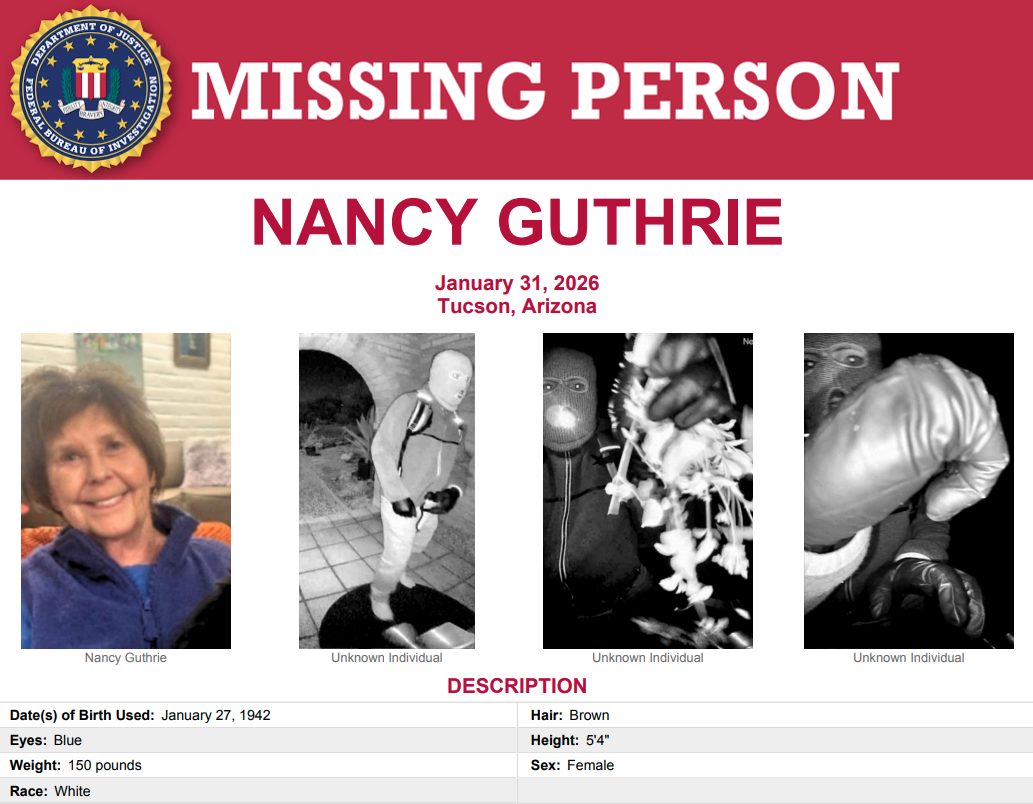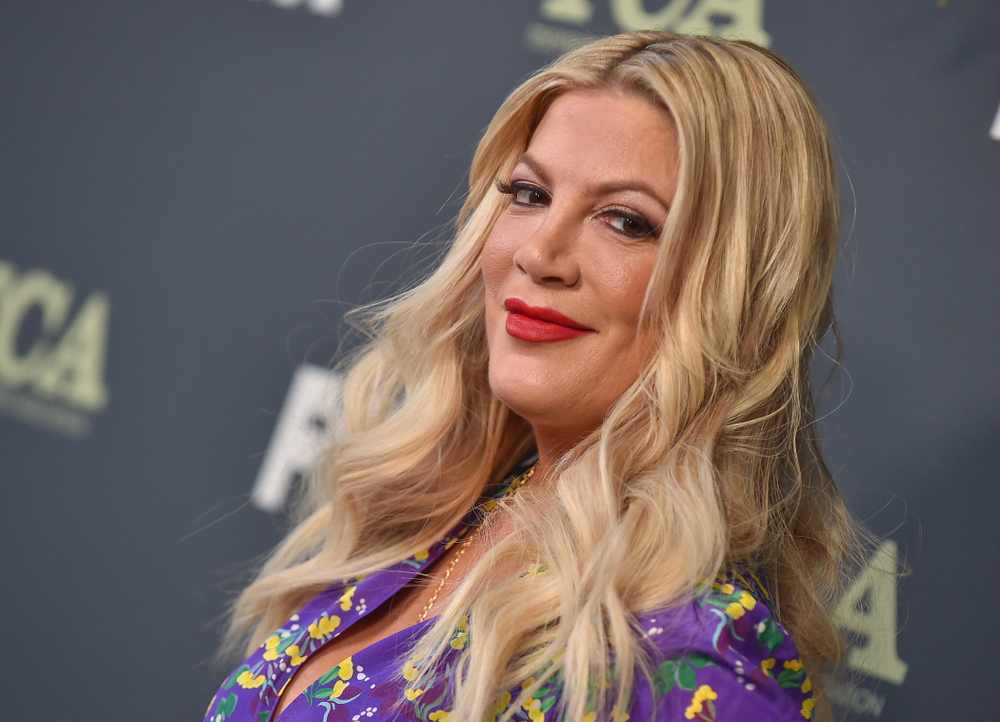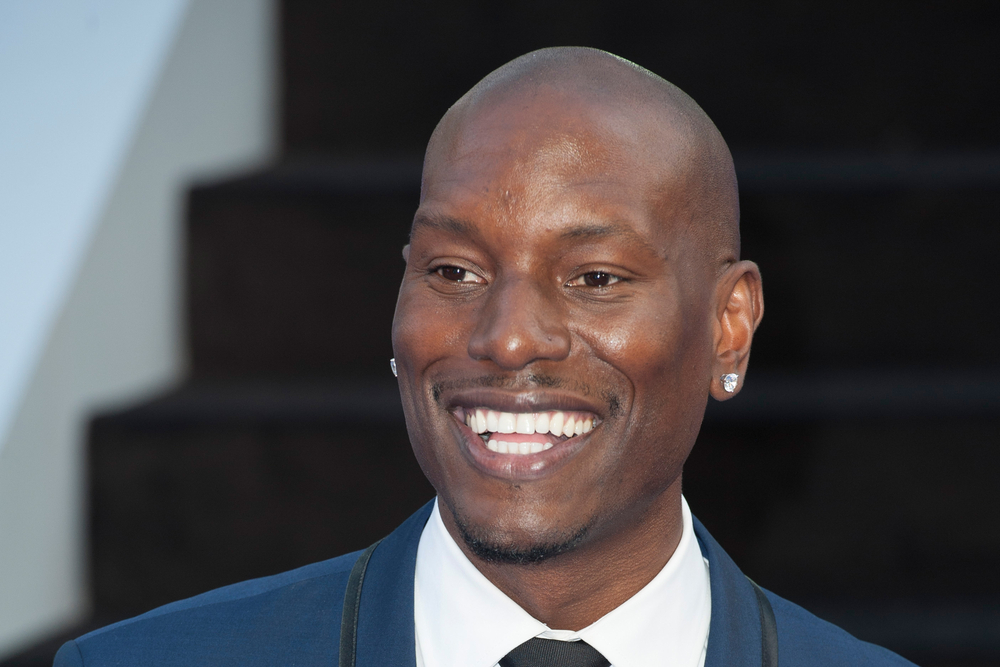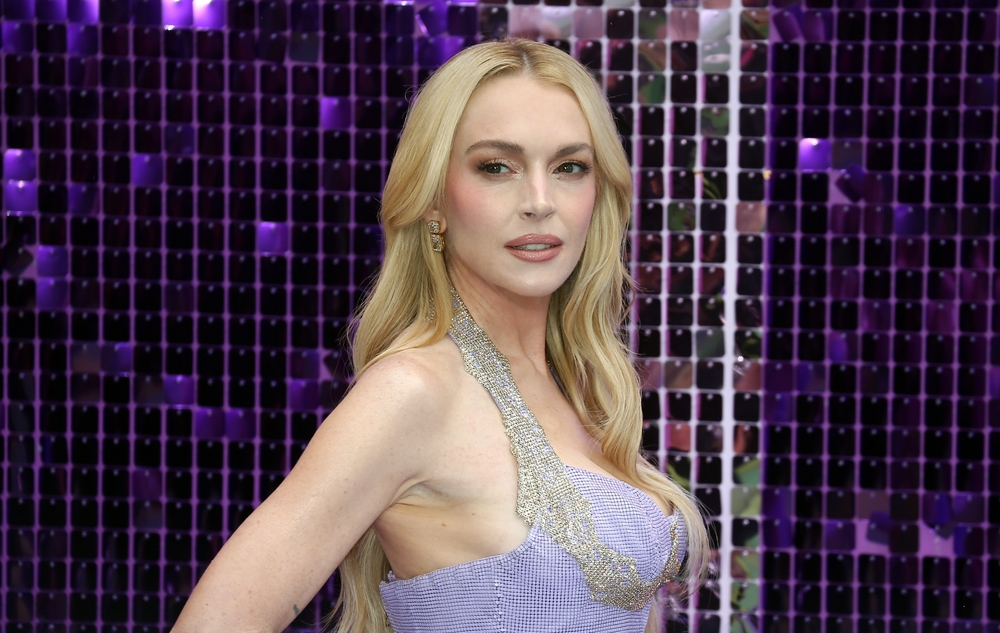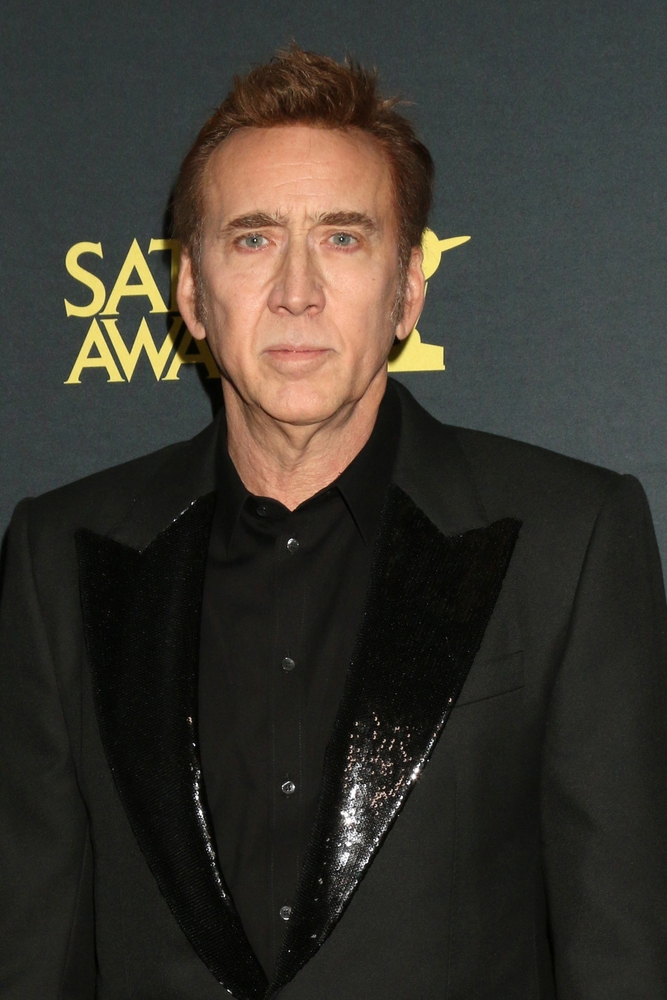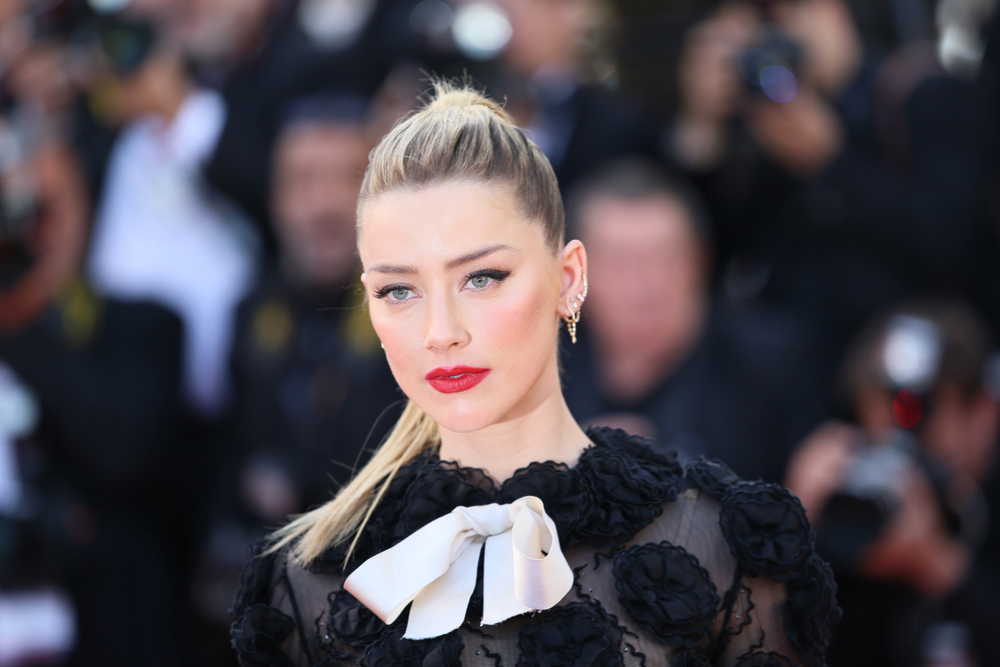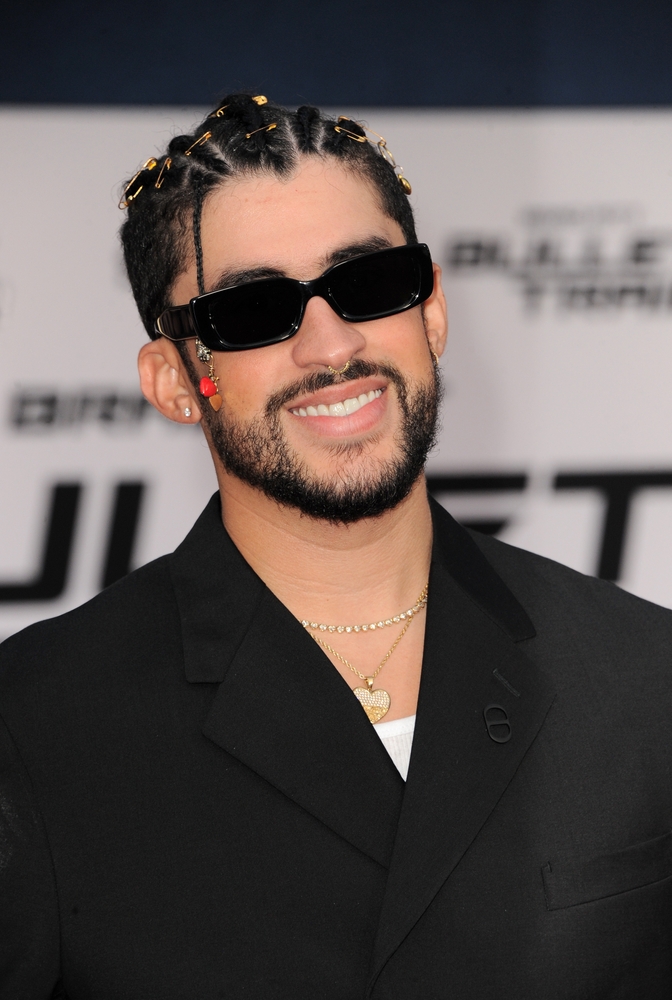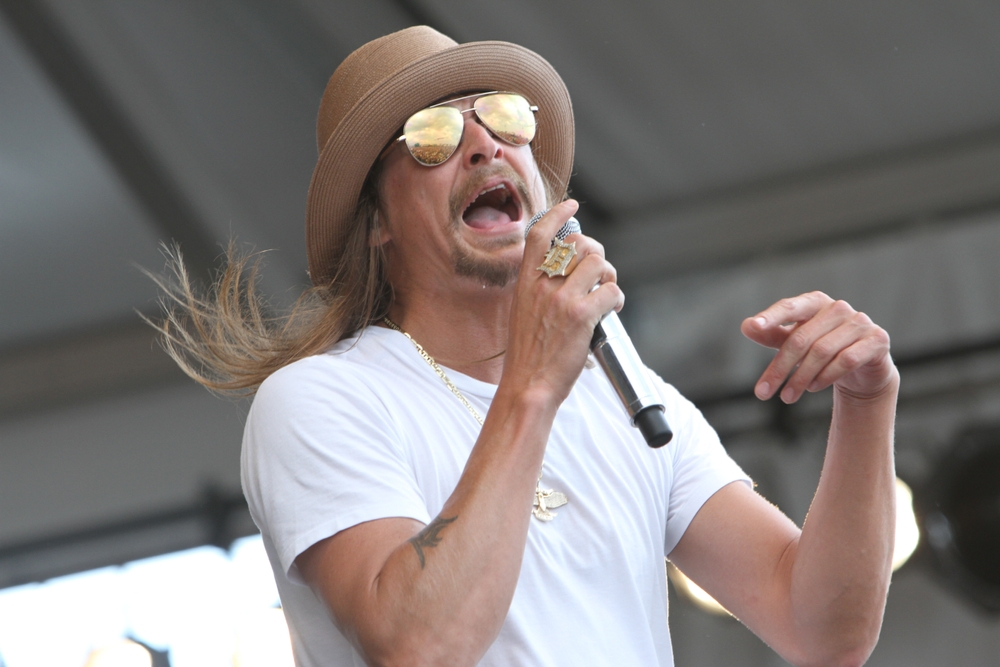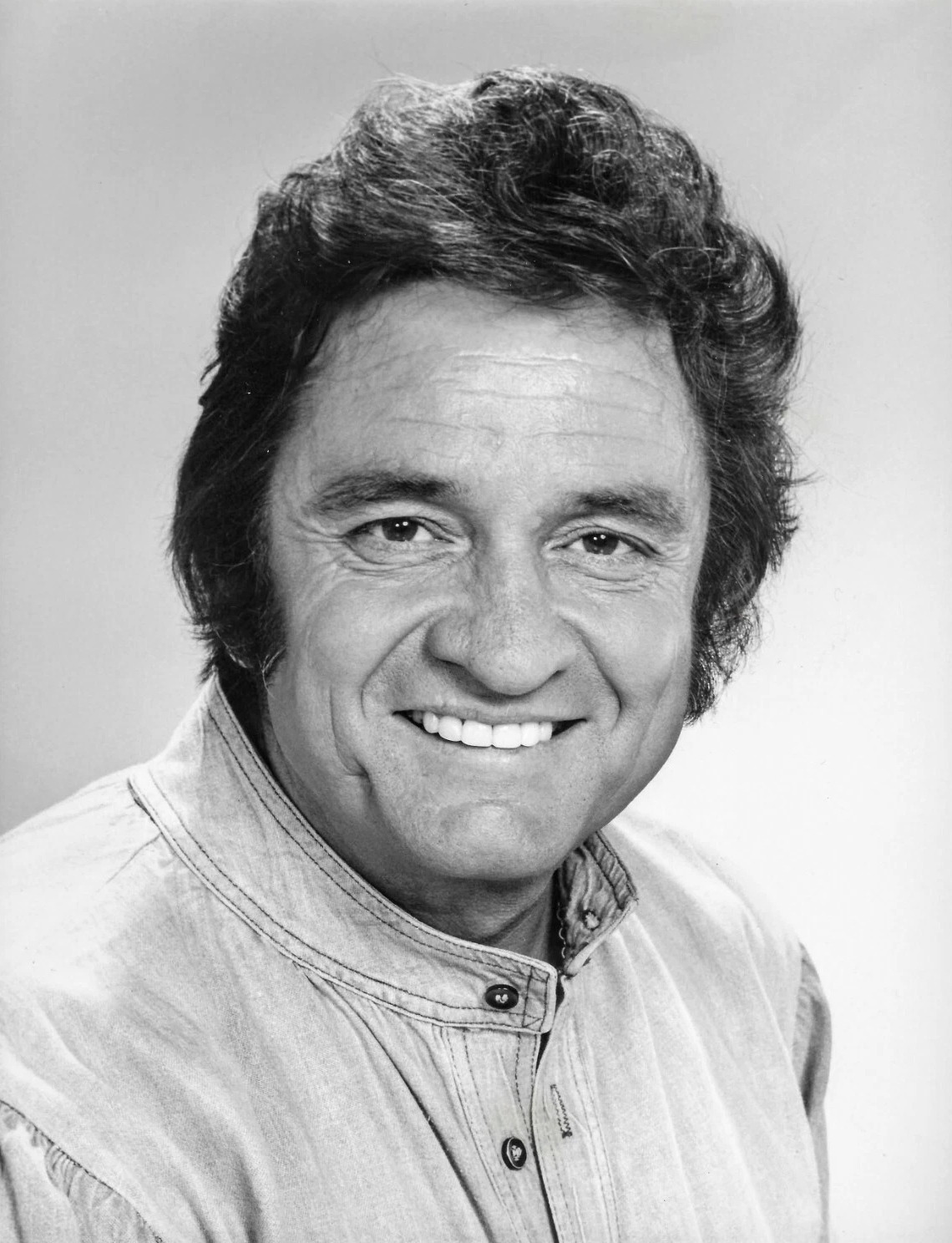
By CBS Television – eBay item 374214214867 – View/save archived versions on archive.org or archive.today or megalodon.jp, Public Domain, Link
Country music has a way of turning everyday people into legends, and the most infamous country superstars often have the most surprising beginnings. Fans love to trace their journeys back to the very first album—the moment the world first heard the voice that would later dominate radio, awards shows, and headlines. Whether their careers exploded instantly or took years to catch fire, each artist’s debut album tells a story worth revisiting. For readers who love music history, celebrity drama, and financial lessons from fame, these early releases offer a fascinating look at how icons are made. Let’s dive into the first big steps of 12 unforgettable country superstars.
1. Johnny Cash – With His Hot and Blue Guitar (1957)
Johnny Cash’s debut album arrived with the raw, unmistakable sound that would define his career. The record featured early hits like “Folsom Prison Blues” and “I Walk the Line,” which helped Cash stand out in a crowded field of rising artists. Fans immediately connected with his deep voice and gritty storytelling, setting him apart from polished Nashville acts. The album also marked the beginning of Cash’s rebellious image, which later made him one of the most infamous country superstars in history. Even today, this debut is considered a cornerstone of American music.
2. Dolly Parton – Hello, I’m Dolly (1967)
Dolly Parton’s first album showcased her songwriting talent long before she became a global icon. The record blended heartbreak ballads with upbeat tracks, revealing her ability to connect emotionally with listeners. Critics praised her voice, but it was her authenticity that truly resonated with fans. This debut laid the foundation for a career filled with reinvention, philanthropy, and business success. Parton’s rise from humble beginnings to one of the most beloved country superstars began right here.
3. Willie Nelson – …And Then I Wrote (1962)
Willie Nelson’s debut album introduced the world to his unique phrasing and songwriting genius. Before he became a counterculture hero, Nelson was known primarily for writing hits for other artists. This album proved he could deliver those songs with just as much emotion as anyone else. Although it didn’t top charts immediately, it built the foundation for his outlaw-country persona. Nelson’s journey from Nashville outsider to infamous country superstar started with this understated release.
4. Loretta Lynn – Loretta Lynn Sings (1963)
Loretta Lynn’s debut album captured her fierce independence and working‑class roots. Her songs spoke directly to women who rarely saw their lives reflected in country music. The album’s success helped Lynn break barriers in a male‑dominated industry. Her honest lyrics and bold personality quickly made her both admired and controversial. This first record marked the beginning of her rise as one of the most influential country superstars ever.
5. Garth Brooks – Garth Brooks (1989)
Garth Brooks burst onto the scene with a debut album that blended traditional country with arena‑ready energy. His emotional delivery and charismatic style helped him stand out from other newcomers. The album included early hits that hinted at the massive crossover success to come. Brooks’ ability to connect with fans on a personal level fueled his rapid rise. This debut was the first step toward becoming one of the best‑selling country superstars of all time.
6. Reba McEntire – Reba McEntire (1977)
Reba McEntire’s debut album introduced her powerful voice and undeniable stage presence. While the record didn’t produce major hits, it showcased her potential and determination. McEntire spent years building her career, proving that persistence pays off in the music industry. Her debut laid the groundwork for her eventual transformation into a multi‑platform entertainer. Today, she stands as one of the most enduring country superstars in history.
7. George Strait – Strait Country (1981)
George Strait’s first album helped revive traditional country music at a time when pop influences dominated the charts. His smooth vocals and clean sound appealed to fans craving authenticity. The album produced several hits that quickly made him a household name. Strait’s consistent style and quiet confidence set him apart from flashier performers. This debut marked the beginning of a career that would redefine what it means to be a country superstar.
8. Shania Twain – Shania Twain (1993)
Shania Twain’s debut album didn’t make waves initially, but it introduced her striking voice and star potential. The record caught the attention of producer Mutt Lange, who later helped her craft a groundbreaking sound. Twain’s transformation from unknown singer to global sensation began with this modest release. Her later success proved that reinvention can be a powerful tool in the music industry. Today, she remains one of the most influential country superstars in crossover history.
9. Chris Stapleton – Traveller (2015)
Chris Stapleton’s debut album arrived like a thunderbolt, instantly reshaping modern country music. His soulful voice and blues‑infused style stood out in a genre dominated by pop‑leaning acts. Traveller earned critical acclaim and multiple awards, launching Stapleton into stardom almost overnight. Fans connected with his authenticity and emotional depth. This debut cemented his place among contemporary country superstars.
10. Miranda Lambert – Kerosene (2005)
Miranda Lambert’s debut album introduced her fiery personality and fearless songwriting. The record blended vulnerability with toughness, creating a sound that resonated with young listeners. Critics praised her ability to tackle complex emotions with honesty. Lambert quickly became known for her bold image and powerful performances. Kerosene marked the start of her rise as one of the most dynamic country superstars of her generation.
11. Jason Aldean – Jason Aldean (2005)
Jason Aldean’s first album helped define the modern country‑rock sound. His gritty vocals and energetic style appealed to fans looking for something edgier. The record produced several hits that pushed him into the spotlight. Aldean’s willingness to blend genres set him apart from traditionalists. This debut launched him toward becoming one of the most recognizable country superstars today.
12. Taylor Swift – Taylor Swift (2006)
Taylor Swift’s debut album introduced her as a teenage songwriter with a gift for storytelling. Her relatable lyrics about young love and heartbreak connected instantly with fans. The album’s success helped her transition from country newcomer to global pop icon. Swift’s early work showcased her ambition and creative vision. This debut was the first chapter in her evolution into one of the most influential country superstars of the 21st century.
The First Album Is Where Every Legend Begins
Each of these artists started with a single album that set the tone for their entire career. Their debuts reveal the early sparks that later turned into massive fame, cultural influence, and unforgettable legacies. Whether you’re a longtime fan or discovering these stories for the first time, revisiting the origins of country superstars offers a deeper appreciation for their journeys.
Which debut album from this list surprised you the most? Share your thoughts in the comments!
What to Read Next
Savannah Guthrie’s Heartbreaking Plea Reveals a Financial Blind Spot Millions Overlook
5 A-List Stars Who Are Currently Drowning in Debt
Bad Bunny vs. Kid Rock: The Super Bowl Halftime Ratings Shock Everyone
7 Celebrities Who Married Their High School Sweethearts (And Were Better For It)
